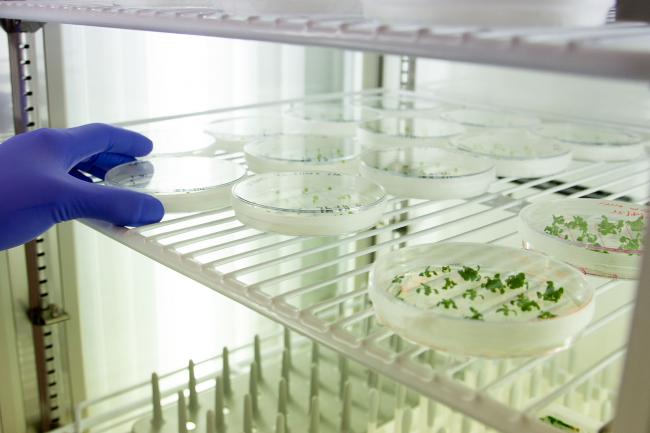
During a speech at the Oxford Farming Conference, Steve Reed MP, Secretary of State for Environment, Food and Rural Affairs, confirmed the much anticipated secondary legislation would be introduced to Parliament by the end of March.
His speech recognised the enormous potential of these technologies to “grow crops that are more nutritious, resistant to pests and disease, resilient to climate change, and benefit the environment”.
The Genetic Technology (Precision Breeding) Act was introduced in March 2023, thanks in part to lobbying and consultation responses from researchers and public affairs professionals based at the Norwich Research Park, including the Earlham Institute.
The secondary legislation needed to codify the use of genetic technologies related to food production, however, has been a crucial but unfulfilled next step.
Once introduced, the legislation will transform the plant breeding sector in England and enable innovative products to be commercialised more quickly.
Responding to the announcement, Professor Neil Hall, Director of the Earlham Institute, said: “The DEFRA Secretary’s renewed commitment to implementing the new Precision Breeding Act is great news.
“The regulation that will be established by this legislation will create new markets for healthier, more environmentally beneficial plant products.
“It will also bring new investment to much-needed life science research to tackle issues such as food security, climate change, and pollution.”





